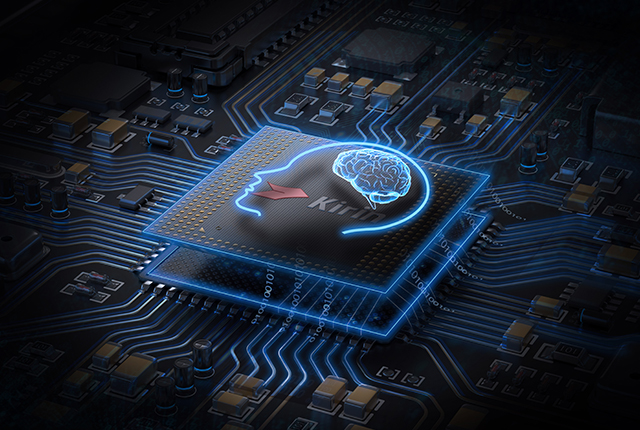
Huawei announced the commercial availability of an artificial intelligence (AI) chip Friday, pitting it against major American giants like Qualcomm and Nvidia, as it looks to defy continued U.S. pressure and prove it can still bring out core technology.
The chip, called the Ascend 910, was first unveiled in October last year and is aimed at data centers. Companies using AI applications require huge amounts of data to train smart algorithms, which can take several days or weeks. Huawei claims that its chip can process more data in a faster amount of time than its competitors and help train networks in a matter of minutes.
“We have been making steady progress since we announced our AI strategy in October last year,” Eric Xu, one of Huawei’s rotating chairmen, said in a press release. “Everything is moving forward according to plan, from R&D (research and development) to product launch. We promised a full-stack, all-scenario AI portfolio. And today we delivered.”
It comes as Huawei continues to face pressure from the U.S. government. It is on a blacklist in the U.S. known as the Entity List which restricts American companies from doing business with the Chinese company. Huawei has been granted another 90-day reprieve to allow U.S. firms to carry out specific transactions with the firm. Huawei relies on a number of U.S. suppliers for key technology.
In the face of this, Huawei has focused its efforts on homegrown technology from chips to its recently released operating system called HongmengOS, or HarmonyOS in English.
The Chinese technology giant already offers cloud services and, by selling the hardware along with software and services, Huawei is hoping to drive further growth to its enterprise business, which accounted for just over 10% of its revenue in 2018. It is currently facing a slowdown in its core networking business and hoping the enterprise division could pick up some of that slack.
Huawei’s Ascend 910 and another chip which has already been launched called the Ascend 310 will pit Huawei against major players such as Intel, Qualcomm, Nvidia and Samsung.


